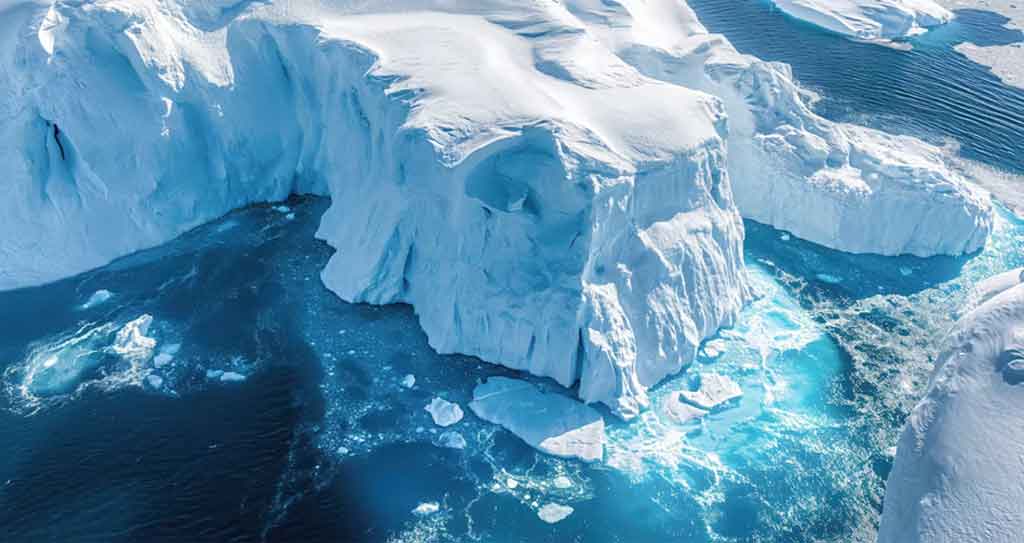
The melting ice will lead to a weakening of the Antarctic Circumpolar Current (CCA, for its acronym in Spanish), which could have significant impacts on sea level rise, warming of seawater and ecosystems.
Considered the strongest current in the world, four times stronger than the Gulf Stream, the CCA is a crucial part of the oceanic conveyor belt, which moves water around the planet, linking the Atlantic, Pacific and Indian oceans.
It is also the main mechanism for exchanging heat, carbon dioxide, chemicals and biology through these ocean basins.
A study, published in Environmental Research Letters, shows that at this moment the melting ice sheets in Antarctica pour large quantities of fresh water into the salty ocean.
This leads to a significant change in ocean salinity that causes the weakening of the sinking of surface ocean water into the depths (what is called Antarctic bottom water).
The group of researchers, from the Australian University of Melbourne and the NORCE Research Centre in Norway, showed in the research that the CCA will slow down by around 20 percent between now and 2050 in a scenario of high carbon emissions.
This influx of freshwater from melting ice into the Southern Ocean is expected to modify properties such as the density (salinity) of the ocean and its circulation patterns.
To reach this conclusion, they analyzed high-resolution simulations of ocean currents, the capacity to transport heat and other factors in the ocean and sea ice to diagnose the impact of changes in temperature, salinity and wind conditions.
The authors reflected that the CCA acts as a barrier to invasive species, such as rafts of southern bull kelp that advance on the currents, or marine animals, such as shrimp or mollusks from other continents that reach Antarctica.
The ocean is extremely complex and finely balanced. If this current ‘engine’ breaks down, there could be serious consequences, including increased climate variability, with greater extremes in certain regions, and accelerated global warming due to the reduced capacity of the ocean to act as a carbon sink, they warned. (Text and photo: PL)